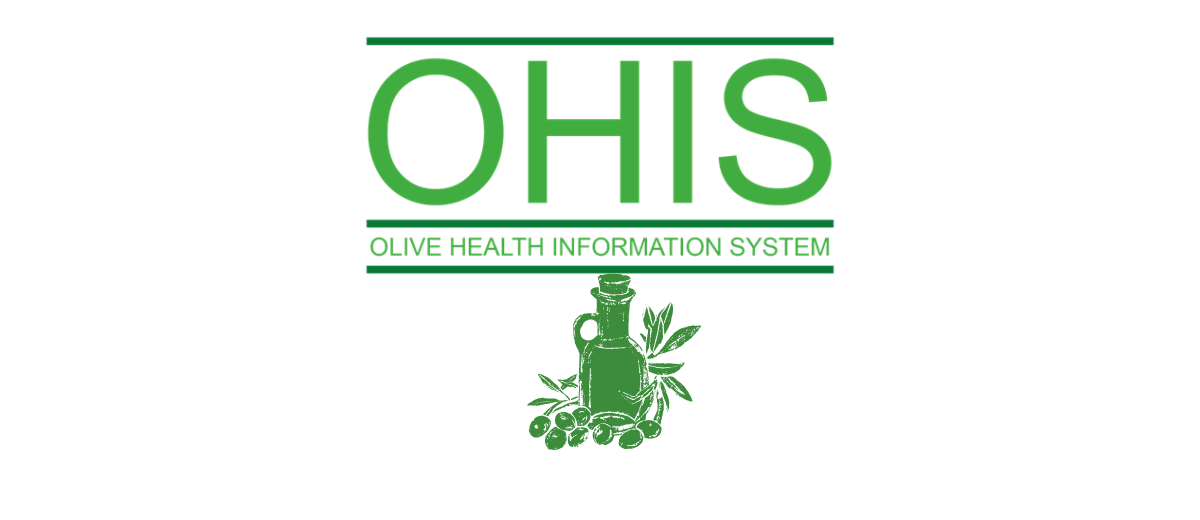The seminar on Xylella fastidiosa organised by the International Olive Council (IOC) and the International Centre for Advanced Mediterranean Agronomic Studies (CIHEAM) from 28 to 30 November at the Mediterranean Agronomic Institute in Bari (Italy), comprised seminars by international specialists, a field visit to the Lecce region and a round table to identify common measures.
The purpose of the meeting was to provide an update on the current situation and the development of the bacterium in order to propose recommendations to prevent, identify, and combat this disease. To this end, the organisers had invited specialists from a number of national and international institutions, namely the Italian Research Council (CNR), the Food and Agriculture Organization of the United Nations (FAO), the European and Mediterranean Plant Protection Organization (EPPO), the French Agency for Food, Environment and Occupational Health & Safety (ANSES), the Council for Agricultural Research and Agricultural Economic Analysis (CREA), the Centre for Agronomic Research, Experimentation and Training (CRSFA), the International Plant Protection Convention (IPPC-FAO), the Directorate General for Health (European Commission), the University of Basilicata and the University of Foggia.
Following the opening speech by the Secretary General of CIHEAM, Cosimo Laciringnola, the subjects addressed during the first day, which was presided by Mr Francesco Serafini, Head of the IOC Department of Research & Development and the Environment, and Ms Françoise Petter of the EPPO, concerned the monitoring tests carried out on the bacterium and its vector, strategies and agricultural measures to combat the rapid decline syndrome in olive trees, plant certification, research, current legislation and the instruments available to monitor the bacteria and detect it in its early stages.
The participants, including the Vice Chairperson of the IOC Advisory Committee and the representatives of a number of IOC member countries (Albania, Algeria, Argentina, Egypt, the EU, Iran, Israel, Jordan, Lebanon, Libya, Morocco, Tunisia, Turkey and Uruguay) were able to observe the impact of Xylella fastidiosa on the ground as well as the symptoms of infestation, to familiarise themselves with the sampling techniques used on plant material and vector insects and examine the results of the tolerance/resistance tests carried out on different olive tree varieties.
During the round table session, the participants shared their concerns regarding the disease and highlighted the need to strengthen scientific, technical and political collaboration among countries, to create a forum for the exchange of information and to support the quarantine laboratories in member countries to prevent the proliferation of the bacterium through the international trade of plants and plant material by adopting a certification procedure. They also recommended taking measures to strengthen cooperation between the IOC, as the international organisation on the olive sector, and international organisations currently working on this disease, namely the CIHEAM, the FAO (IPPC), EPPO and the CNR, which invited the IOC to contribute to the work of an ad hoc committee (XF-Actors).
At the end of the seminar, the Executive Director of the International Olive Council, Mr Abdellatif Ghedira, thanked the specialists from IOC member countries, which account for 94% of olive growing worldwide, the Vice Chairperson of the Advisory Committee and the international experts. He indicated that Xylella fastidiosa was one of the priorities of the Executive Secretariat and recalled that, in addition to the IOC’s role as an international centre for documentation and information on the sector, the International Agreement on Olive Oil and Table Olives, 2015, gave particular importance to international cooperation and to scientific and technical exchanges on olive growing among member countries.
.









